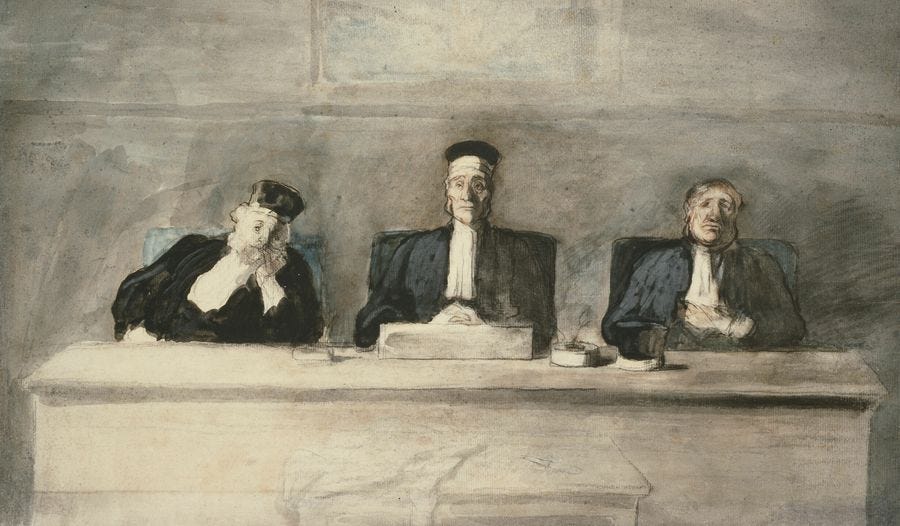Is Ambivalence Really So Bad?
On learning not to care about about the Trump indictment.
I have an unusual problem. I know that it may come as a shock, but I’m repeatedly finding that I have less and less to say about the issues of the day. Which isn’t a problem per se—at least not for Wisdom of Crowds, since we try our best to remain somewhat detached from the headlines. As an Evangelical friend once put it to me: “You only learn about the…
Keep reading with a 7-day free trial
Subscribe to Wisdom of Crowds to keep reading this post and get 7 days of free access to the full post archives.




